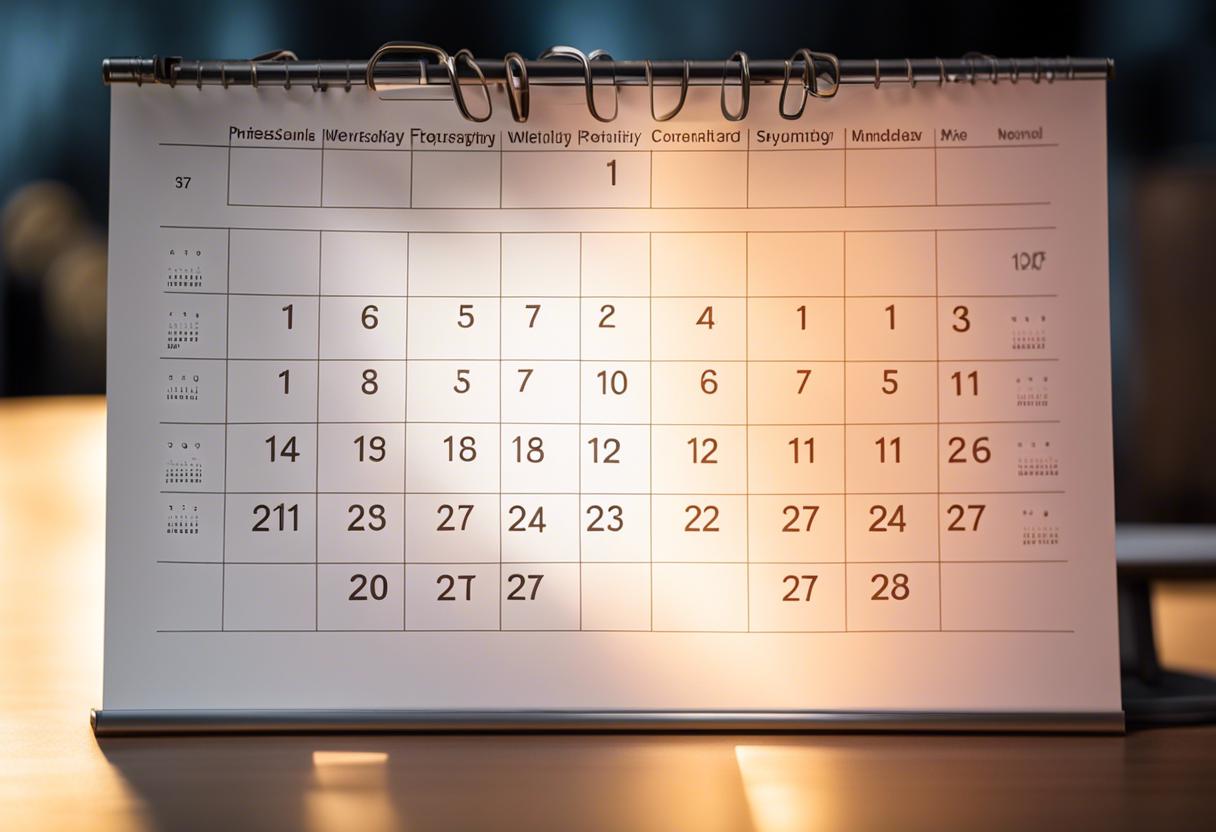Seachtain na Gaeilge, the acclaimed Irish language festival, gained remarkable recognition and prestige this year. Central to the festival were community events, which received considerable funding for Irish language books and language-focused arts.
Here are some key takeaways:
The Dublin City Council conducted its monthly meeting in Irish, highlighting the city’s commitment to promoting the language. This paves the way for other councils to follow suit.
Education Minister of Stormont, DUP’s Paul Givan, visited Gaelscoil Aodha Rua in Dungannon, Co Tyrone. Despite previous controversy for cutting funding to an Irish language teaching programme, Givan voiced his intent to support Irish medium education. Conradh na Gaeilge also conducted an all-Irish presentation to a Northern Ireland Assembly committee. The Irish-speaking community will be vigilantly tracking related policies.
The Department for Tourism, Culture, Arts, Gaeltacht, Sport and Media introduced a fresh funding strategy worth €20m. This injection is aimed at fortifying community-based Irish language organisations and language-led arts while including them in early and mainstream education.
The hope is that this will establish a more robust foundation for language-oriented arts.
The State Minister for Gaeltacht Affairs, Patrick O’Donovan, has disclosed the allocation of a funding grant aimed towards the reprinting of books in Irish. A substantial sum of ~€289,030 has been sanctioned for Foras na Gaeilge. As was articulated during its inauguration, provisions have been made for the Irish-speaking community to have an extensive array of books, encompassing a plethora of subjects, genres and interests. This caters to various levels of proficiency and fluency in the language.
Seachtain na Gaeilge, being primarily a cultural festival, provides government establishments and broadcasters an occasion to elevate the stature of the Irish language. It achieves this by interspersing the usage of Irish phrases and words regularly. The desire is for these phrases to be heard on the country’s primary communication mediums, especially during the past fortnight. Future prospects should include more than just merely uttering ‘Tá fáilte tú’ or ‘Slán leat’, but also occasionally conducting interviews in pure Irish.
Moreover, there’s a strong preference against discontinuing this routine once Seachtain na Gaeilge 2024 concludes. Although current informal speech norms somewhat hinder this, retaining this practice could provide an opportunity to challenge the existing language norms prevalent in the country.

